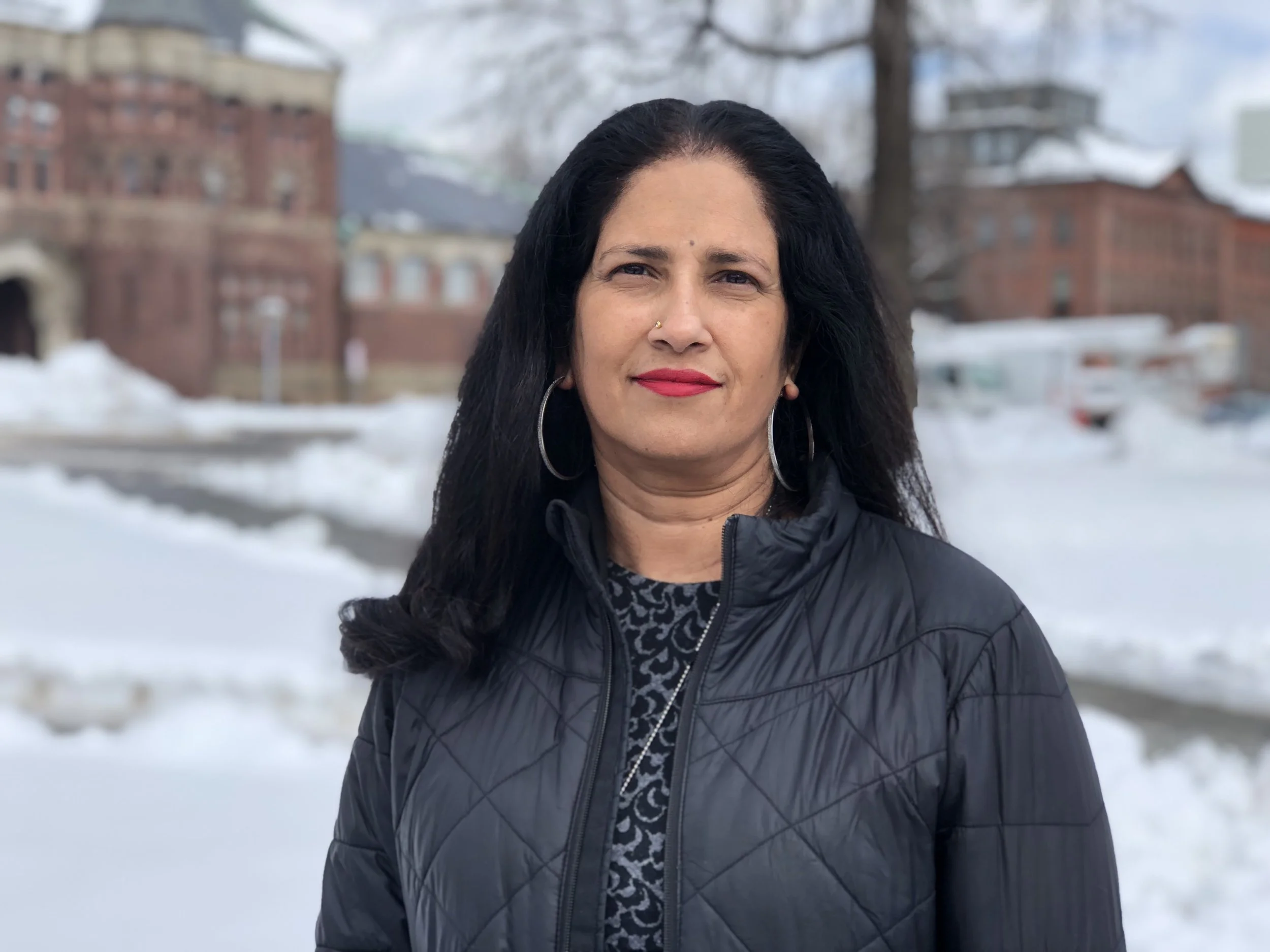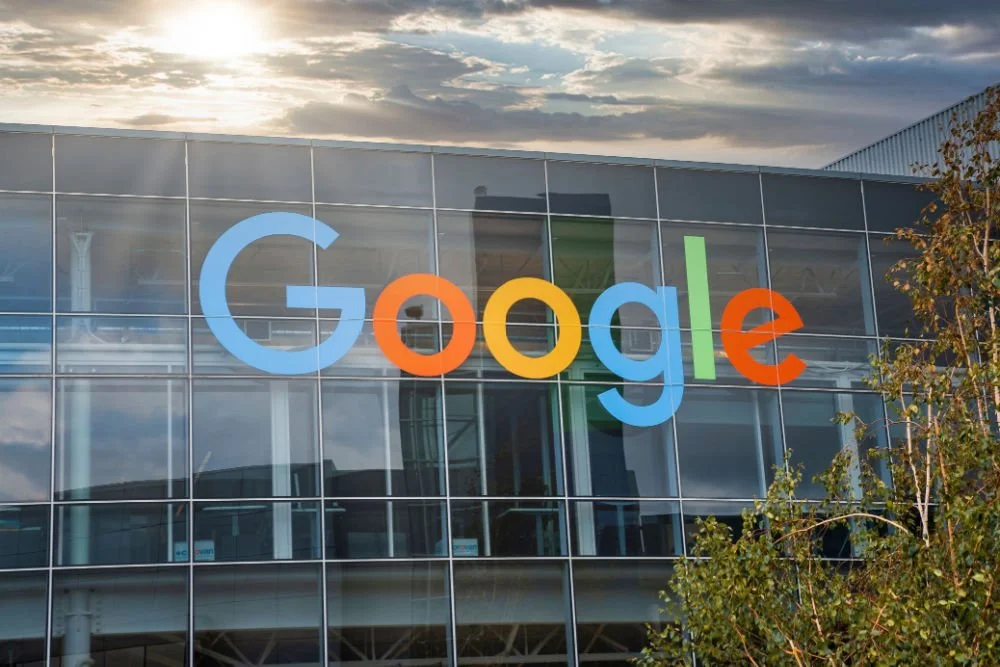A Silicon Valley Couple Is Betting on Young Social Entrepreneurs in California
/photo: Palto/shutterstock
Backing social entrepreneurs has long been a popular cause of philanthropists, resting within the broader tradition of giving to foster leadership and human capital. Good things can happen when you bet on people, although it can be hard to predict exactly what the impact might be. Just look at the varied and often unexpected paths that winners of Echoing Green fellowships have taken over the years. While Echoing Green offers seed funding and leadership development help to innovators working on specific ideas, it's not unusual for fellows to pivot in new directions. Alumni of that organization are found all over the world, including in many top positions at nonprofits.
Echoing Green has now been around for 30 years, and over time, other organizations and philanthropists have come to support social entrepreneurs.
One example of this strategy that recently came to our attention is the Westly Prize for Young Innovators of California. This is an annual award that’s been given out since 2012 by the Westly Foundation to social entrepreneurs under the age of 28. This year, Westly partnered with the David and Lucile Packard Foundation to give out the largest prizes in history.
Steve Westly, who started the Westly Foundation with his wife Anita Yu in 2000, is the founder and managing director of a renewable energy venture capital firm that bears his name. You might also recognize his name from his stint as California state controller, which occurred before he established his own firm. Meanwhile, Anita Yu is a Hong Kong native with experience in the tech sector and as a parent.
It's not surprising that a venture capitalist might be attracted to investing in social entrepreneurs, since veterans of the VC business will tell you that the team behind a business idea is often even more important than the idea itself. We can think of a few other VCs from the tech world who've gravitated to this funding space.
This year, the Westly awards are going to four 20-somethings who are receiving $30,000 each to advance their roles as change makers and put their talents to work for the common good. Of note, prior years’ awards have been just $20,000 each.
This year’s prize winners are Kana Hammon of YCore, Kevin Madrigal of Farming Hope, Kartik Sawhney of NextBillion.org, and Miranda Wang of BioCellection. Topics addressed in this grantmaking round include connecting young professionals and nonprofits, providing Bay Area homeless people with jobs in cooking and gardening, mentoring students with disabilities in tech, and turning plastic waste into sustainable materials.
Westly held an application process with live presentations to choose these four winners, and the foundation also gave six “honorable mention” winners $5,000 each.
To catch Westly’s attention for these awards, you need to be young and engaged in work that "represents a novel advancement over existing solutions to a community challenge." You also need to be pursuing a solution "that has been tested with some success and has strong potential to scale."
Of course, these are the same kinds of things that venture capitalists are always looking for: breakthrough ideas that can become the next big thing.
Not everyone thinks that this approach makes sense for the social sector, it's worth noting. Last week, for example, in an interview published in Inside Philanthropy, Larry Kramer, president of the Hewlett Foundation, said:
Dealing with social problems like poverty, racism, climate change or income inequality is not like developing a new piece of software. Progress is slow not from lack of imagination or willingness to take chances, but because the problems are hard. Addressing them requires patience and perseverance, coupled with a willingness to learn continuously, and a lot of humility.
While Kramer's cautionary point is well taken, it's hard to argue against efforts that support talented young people trying to solve social problems in new ways and venture capital-like approaches to funding early-career innovators now have a substantial track record of success.
What's unusual about the Westly Prize is its focus on a single state. Winners of the awards have mostly been based in the Bay Area, with support going to multiple San Francisco and Palo Alto residents. But one of the honorable mention winners, Jack Amend of the Web Neutral Project, hails from Los Angeles.
Steve Westly said:
To see how these young entrepreneurs are able to bring their compassion, their intelligence, and their creativity together to bring change to disadvantaged communities and really, to all of us, is just so inspiring. We feel honored to be able to provide them the resources to take their innovations to the next level.
Aside from these innovation awards, what else does the Westly family support with their philanthropy?
The Westly Foundation is pretty solely focused on at-risk children and youth in California, right now. In addition to youth grantmaking, another California-specific funding area is closing the gap in affordable and high-quality healthcare for children and youth. This is a great funder to know for early- to mid-stage nonprofits in the Bay Area and elsewhere in the state that have an entrepreneurial mindset. Most Westly grants are between $15,000 and $25,000, and around 20 of those are awarded each year.
Grantseekers should know that grant applications are accepted by invitation only and that most awards are for single-year periods. But to get the foundation's attention, you can register your organization in its grant portal and have a starting point to work from.







































